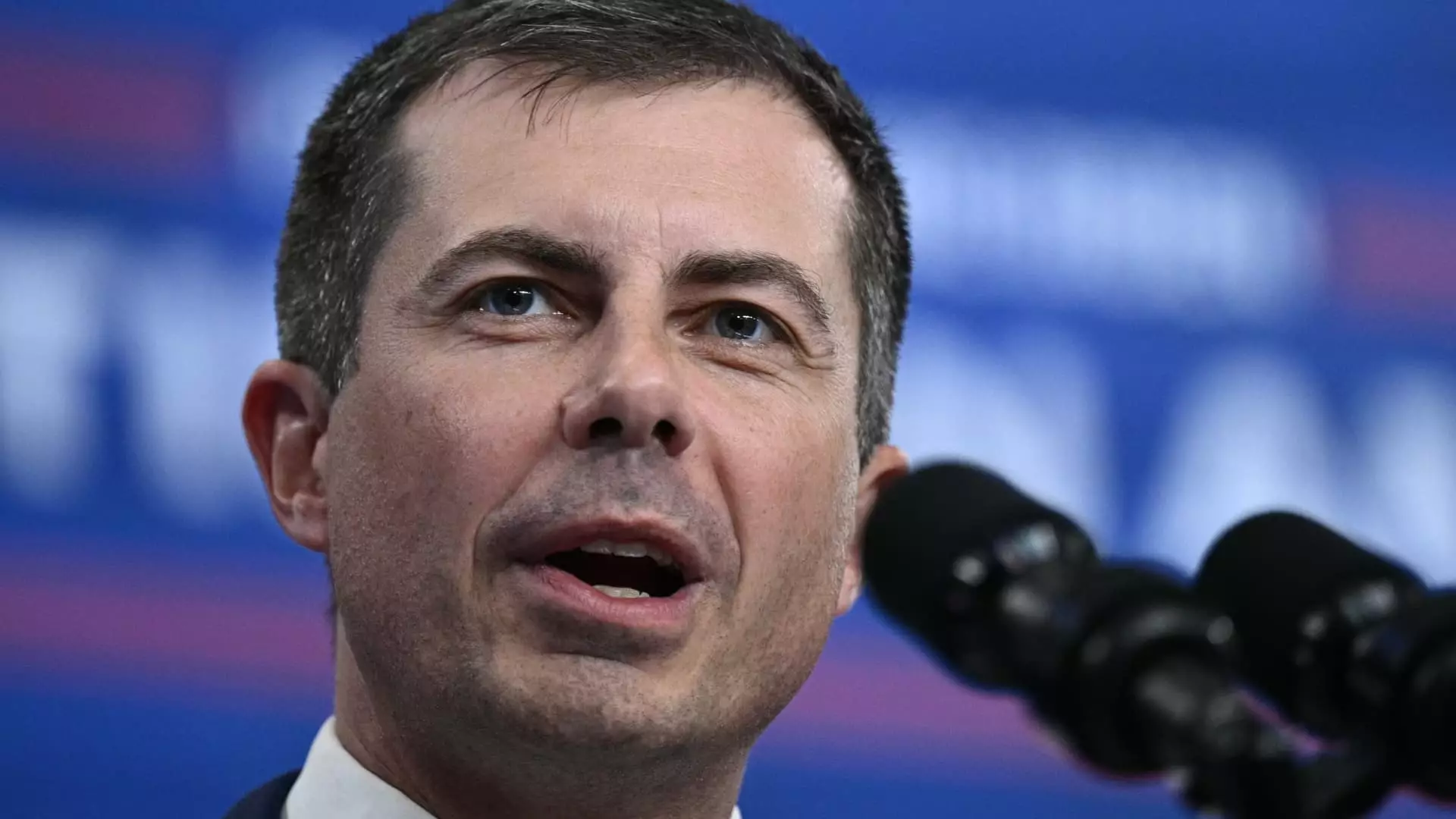In recent weeks, the intersection of celebrity influence and governmental efforts to address natural disasters has thrust Elon Musk, the billionaire CEO of SpaceX and Tesla, into yet another controversy. Specifically, his comments on X (formerly Twitter) regarding federal disaster responses in the wake of Hurricane Helene have ignited a dialogue not just about misinformation, but also about the roles of private individuals in public discourse during crises. Transportation Secretary Pete Buttigieg’s direct rebuttal exemplifies how government officials are attempting to navigate this territory.
The Foundation of the Controversy
As tens of thousands of residents faced significant hardships caused by Hurricane Helene, Musk took to social media to publicly question the efficacy of federal agencies responsible for disaster management. He asserted that the Federal Aviation Administration (FAA) was hindering rescue operations by closing airspace in North Carolina and suppressing flights that aimed to deliver much-needed supplies. Such statements, which lack empirical grounding, were immediately met with skepticism and correction from officials, including Buttigieg, who clarified that there were no airspace restrictions and that the FAA was actively facilitating rescue operations.
This incident raises alarming questions about the impact of Musk’s statements. With a staggering follower count exceeding 200 million, every tweet sent by Musk possesses the potential for widespread influence. When a figure of his stature disseminates false information, it invites not just confusion but also mistrust in the systems designed to support affected populations. Buttigieg attempted to address this concern directly, urging Musk to communicate any issues he perceives rather than publicizing unverified claims.
During natural disasters such as Hurricane Helene, coordination among various government agencies is paramount. The Federal Emergency Management Agency (FEMA) often takes center stage in managing relief efforts. Musk’s unfounded claims about FEMA inhibiting assistance intricately weave into broader narratives questioning the efficiency of governmental disaster responses.
Counter to Musk’s assertions, FEMA had already initiated strategic responses, including the deployment of Starlink internet terminals to restore communication capabilities in remote areas ravaged by the storm. This synergy between FEMA and Musk’s Starlink service highlights a complex relationship. Musk, while critical of federal agencies, simultaneously benefits from government contracts and incentives that underpin the financial viability of his tech enterprises.
However, the effectiveness of these agencies can sometimes become obscured by high-profile criticisms that garner attention. This phenomenon reflects a critical challenge facing the federal response framework: the need to maintain credibility amidst fluctuating public faith—faith that can rapidly erode when public figures sow doubt.
Musk’s criticisms of federal agencies also operate within a distinct political narrative. His support for Republican candidates and tactful donations to the GOP reveal a complex interplay between his business interests and political affiliations. His alignment with certain political factions provides a platform that enhances his voice during crises but also muddies the waters regarding impartial governmental support. When influential figures like Musk leverage their platforms for politicking, it raises ethical considerations about the roles of those who occupy both corporate and political spheres.
Moreover, the complicity of other political figures, such as former President Donald Trump, in amplifying Musk’s claims reflects a growing trend of politicizing natural disasters. Trump’s reposting of Musk’s allegations without comment demonstrates how misinformation can disseminate unchecked through various channels and how it can be weaponized for political gain.
The unfolding situation surrounding Hurricane Helene illustrates a complex interplay among public figures, governmental agencies, and disaster response narratives. As the public turns to social media for real-time information during emergencies, the responsibility falls on both influencers and officials to prioritize accurate communication. The potential consequences of misinformation during disasters range from obstructing legitimate rescue efforts to eroding public trust in essential government services.
As we move forward, it is crucial for influential individuals, especially those with vast platforms like Musk, to exercise discernment and responsibility in their communications. The ongoing discourse surrounding disaster management necessitates collaboration, clarity, and, above all, a commitment to factual representation. The interplay between private influence and public obligation will undoubtedly continue, as will the scrutiny of how well both sectors meet the challenges presented by crises like Hurricane Helene.

Leave a Reply